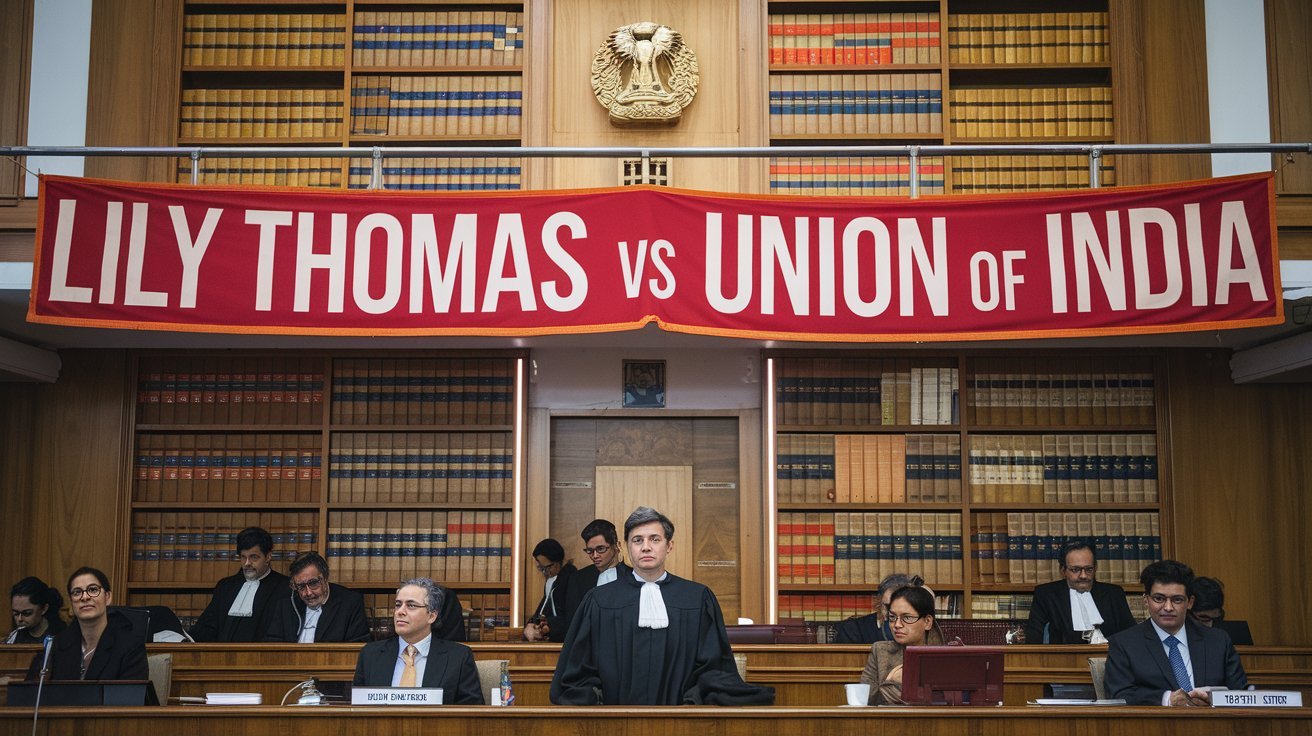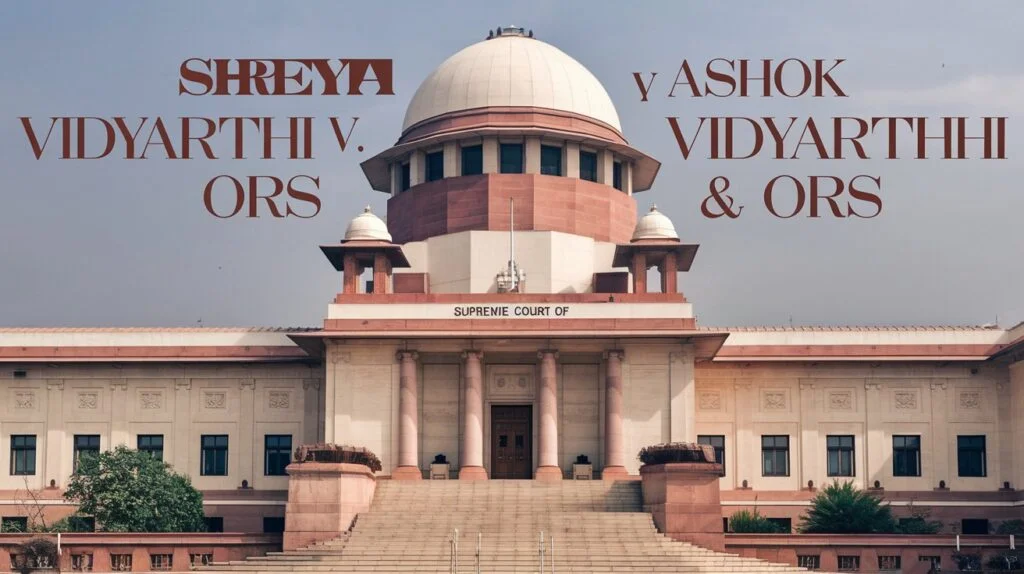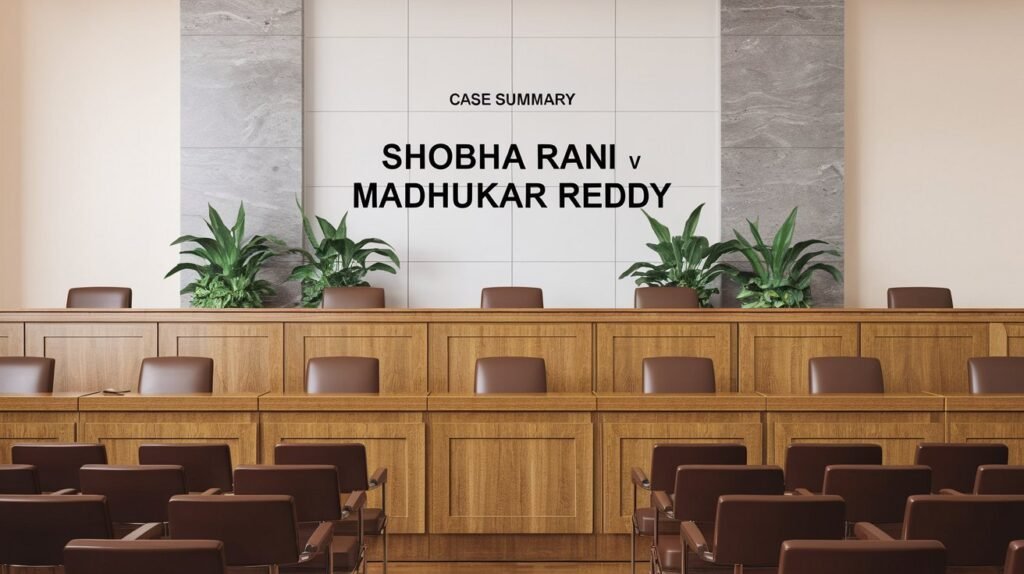Lily Thomas vs. union of India 2000 (Case Summary)

The case of Lily Thomas vs. Union of India tackled the misuse of religious conversion as a way to bypass the prohibition of bigamy under Hindu law. Multiple petitions, including one by Sushmita Ghosh, challenged the practice of non-Muslim men converting to Islam with the sole purpose of remarrying, without dissolving their first marriage, thereby evading the legal requirements of their original personal laws.
Table of Contents
ToggleFacts of Lily Thomas vs. union of India
- The petitions were filed by several women, including Lily Thomas and Sushmita Ghosh, who were married under Hindu rites and whose husbands converted to Islam to remarry without divorcing them.
- Sushmita’s husband, G.C. Ghosh, converted to Islam and sought a mutual consent divorce to marry another woman, Vanita Gupta. Despite the conversion, he neither practiced Islam nor changed his name in official records, indicating that the conversion was merely to facilitate a second marriage.
- The petitioners claimed that such conversions violated their rights under Hindu law and amounted to cruelty, as the conversion was used to avoid the stringent divorce laws of their original religion.
Issues framed
- Whether the conversion of a Hindu man to Islam for the purpose of contracting a second marriage, without genuine faith in the new religion, is valid?
- Whether such conversions violate the principles of Hindu marriage law, specifically regarding the prohibition of bigamy?
- Whether the right to freedom of religion can be used to evade the marital obligations under personal laws?
Judgment of Lily Thomas vs. union of India
The case focused on Section 5 of the Hindu Marriage Act, which prohibits bigamy, alongside Article 25 of the Constitution, which guarantees freedom of religion.
The Supreme Court held that conversion to Islam solely for the purpose of remarriage, without genuine faith or belief in the religion, is not valid. Such conversions do not exempt individuals from the personal laws governing their original religion. The Court emphasized that conversion must be based on genuine faith, and using religious conversion to commit bigamy is a violation of the Hindu Marriage Act.
The Court ruled that the practice of converting solely to remarry, while maintaining the rights and benefits of the original religion, would not be tolerated. Marriages contracted under such circumstances would be void under the Hindu Marriage Act. The judgment reinforced women’s rights and aimed to prevent the misuse of religious freedom as a loophole for bigamy.





